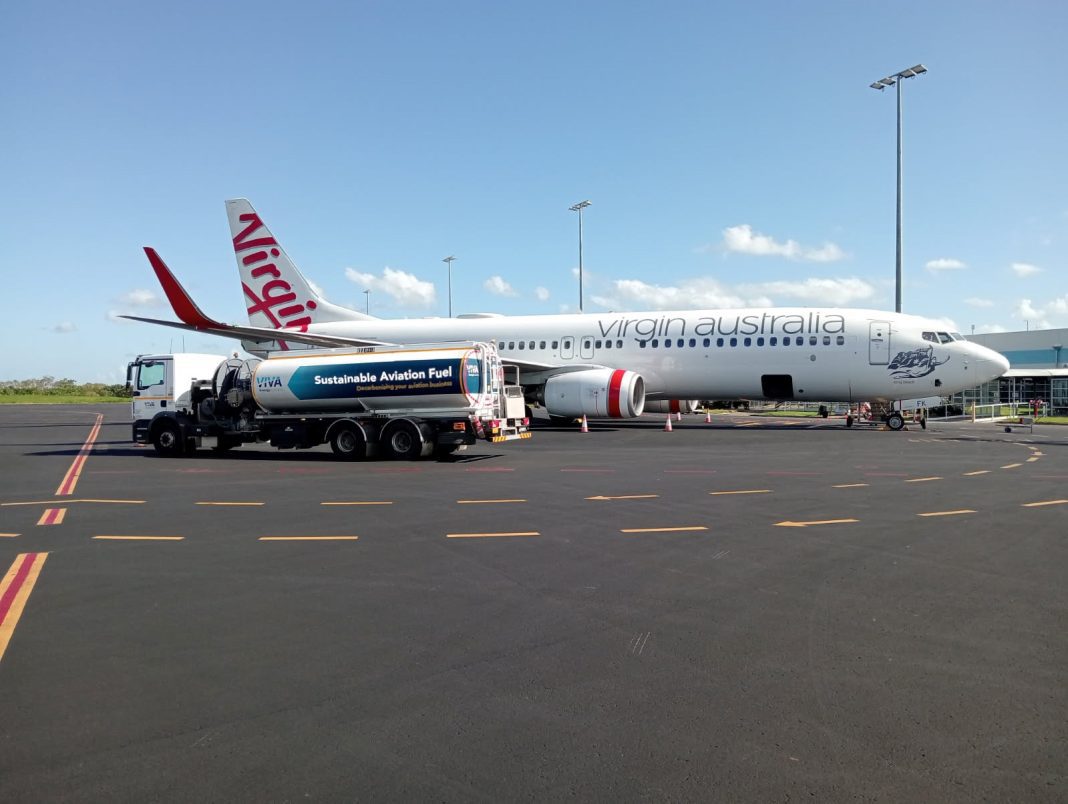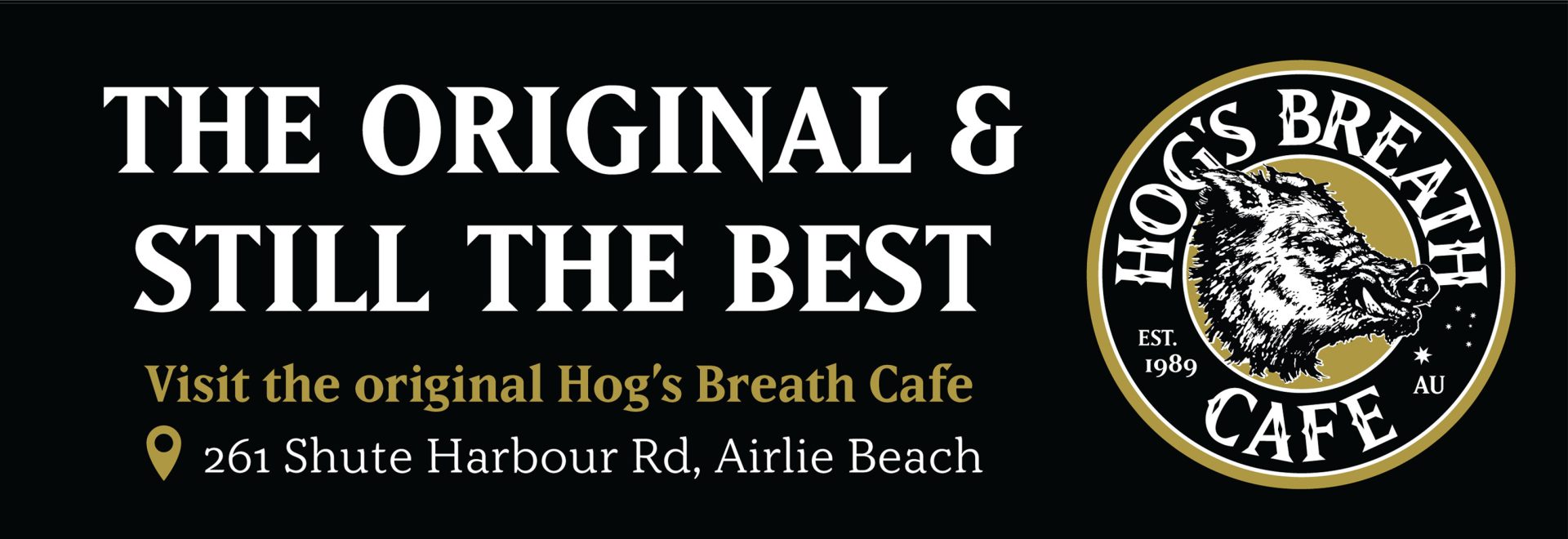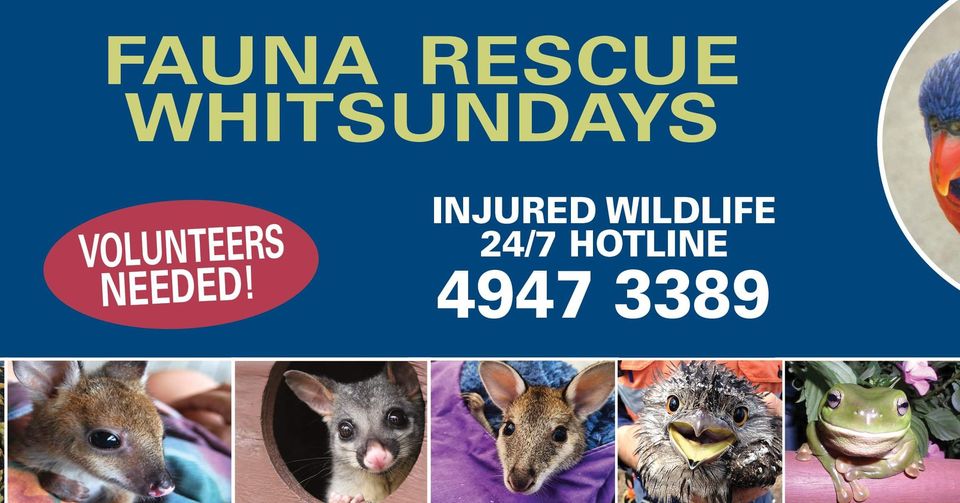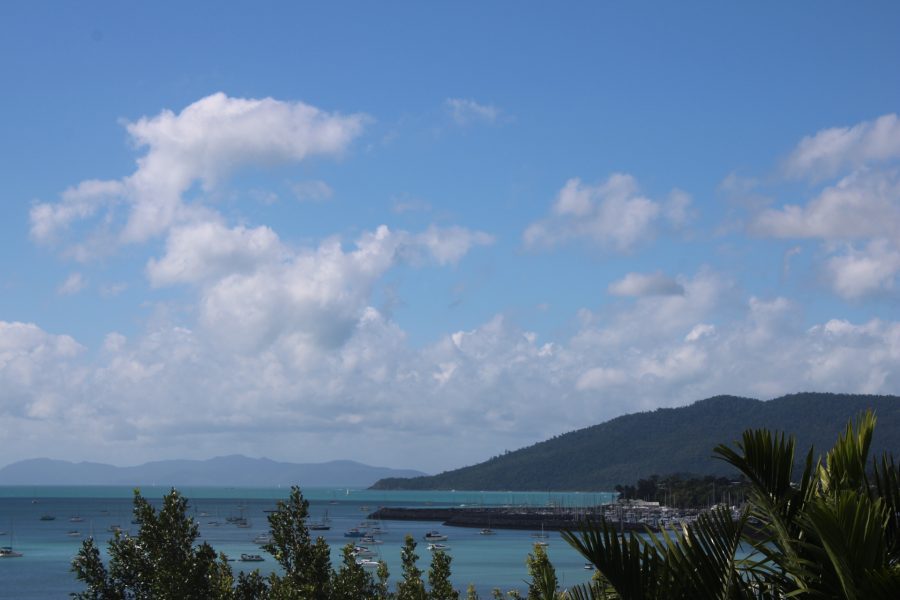FLYING might just become sustainable.
As a prime tourism centre of the world, the Whitsundays enjoys almost a million visitors per year.
Around half of our domestic and international guests arrive on flights, and this has continued to be a challenging mode of transport to consider sustainable.
We are absolutely delighted to learn of Whitsunday Coast Airport’s opportunity to use Sustainable Aviation Fuel (SAF).
Virgin Australia has partnered with Viva Energy to trial SAF in departing flights from the Whitsunday Coast Airport.
From March to July, 2025, all Virgin flights will use a blend of A1 jet fuel and 30-40 per cent synthetic SAF, made from waste and residue feedstocks.
What is it?
SAF is an alternative fuel made from non-petroleum feedstocks.
By blending 10 per cent to 50 per cent feedstock with conventional jet fuel, emissions are reduced significantly.
Feedstocks can include a variety of renewables, primarily woody biomass including municipal solid waste, agricultural waste, forest waste, wood and energy crops.
Where is it made?
Currently this is made overseas, however, the federal and state governments are partnering to support a homegrown Sustainable Aviation Fuel project that will convert ethanol – made from agricultural waste – into jet fuel.
The development of a Townsville production facility will be capable of producing approximately 110 million litres of low carbon liquid fuels (LCLFs) such as SAF and renewable diesel, annually.
Made from Australian bioethanol, this infrastructure is set to benefit North Queensland greatly, with a substantial economic impact, including 100 regional jobs.
The Townsville plant would reduce domestic aviation carbon emissions by 70 per cent, per litre, removing up to 225,000 tonnes of CO2 per annum.
What benefits are there?
With a goal of net zero by 2050, the international aviation industry has the potential to reduce greenhouse gas emissions by up to 94 per cent by using 100 per cent SAF.
According to the International Civil Aviation Organisation ICAO, over 360,000 commercial flights, at 46 different airports, have safely used SAF, predominantly in the US and Europe.
What does this mean for the Whitsundays?
We are currently part of groundbreaking work led by Virgin Australia and Viva Energy to reduce greenhouse emissions and carbon emissions.
This trial could lead to a turning point in the entire domestic fleet using sustainable aviation fuel, leading to a drastic drop in Australia’s carbon footprint.
Follow us! Share your wins @zerowastewhitsundays on FB and Insta.






